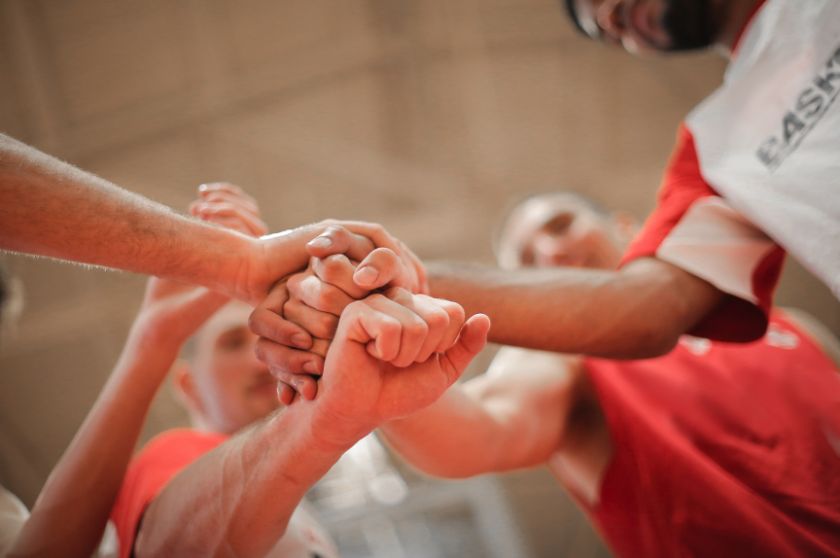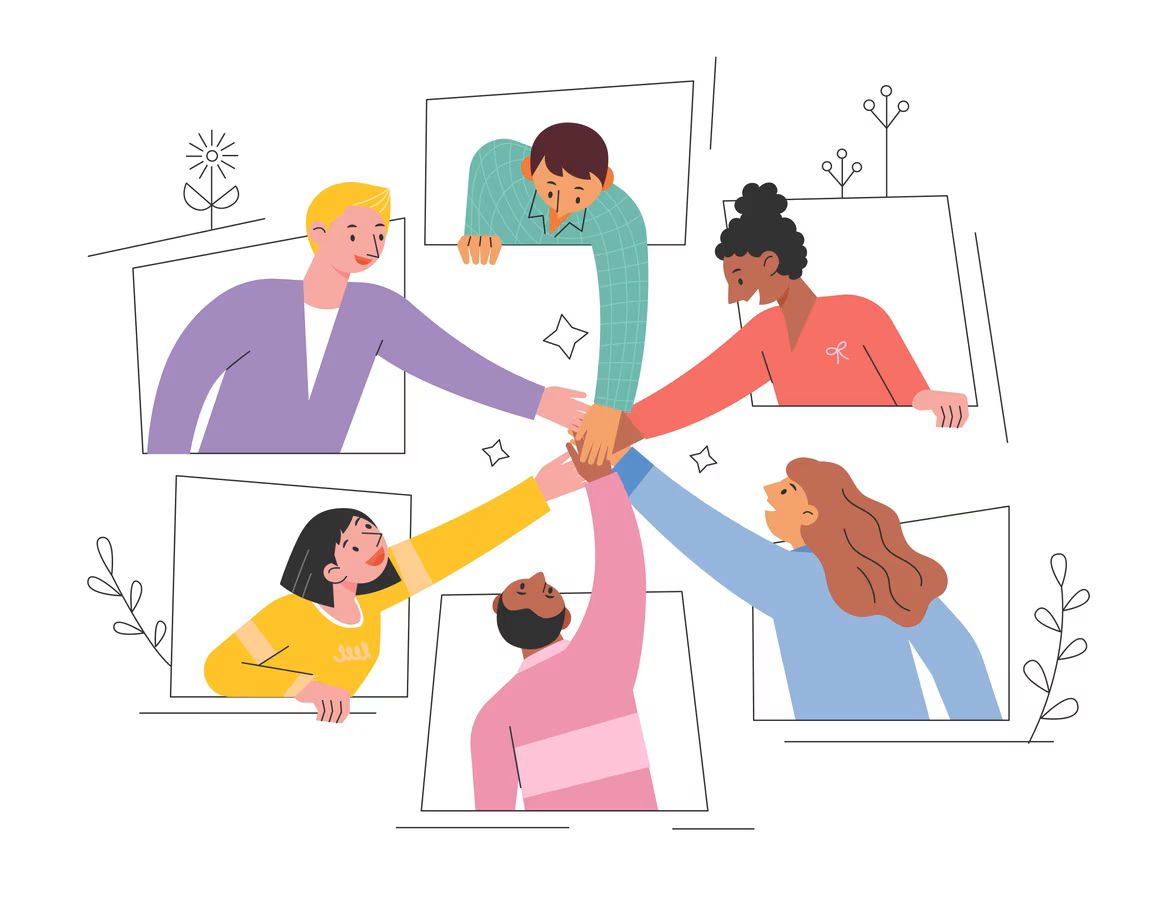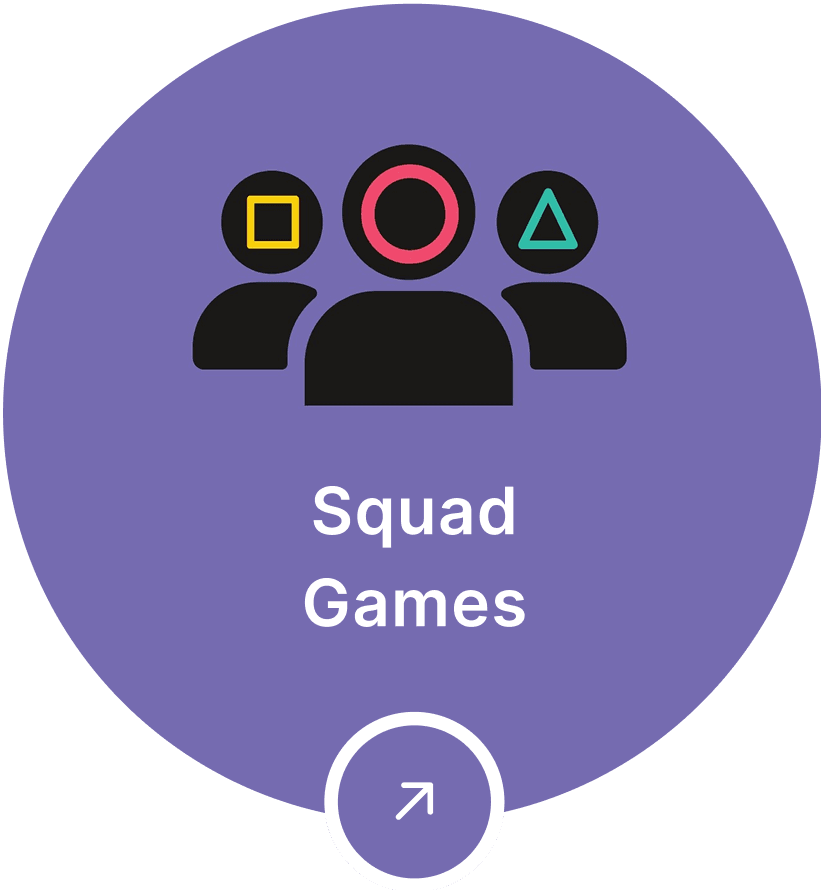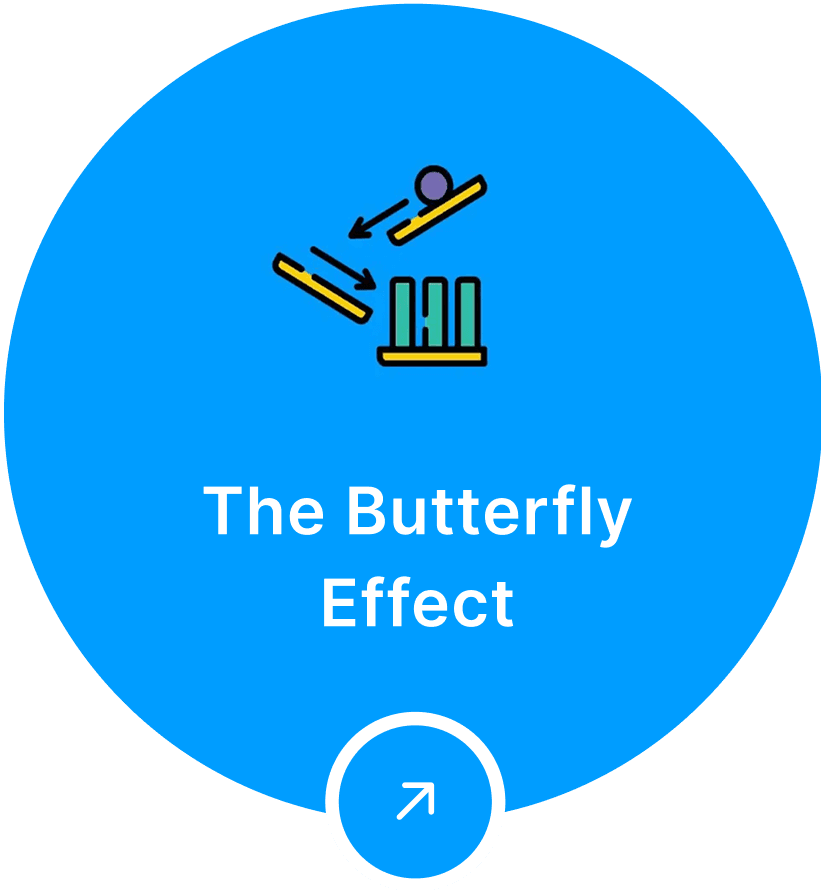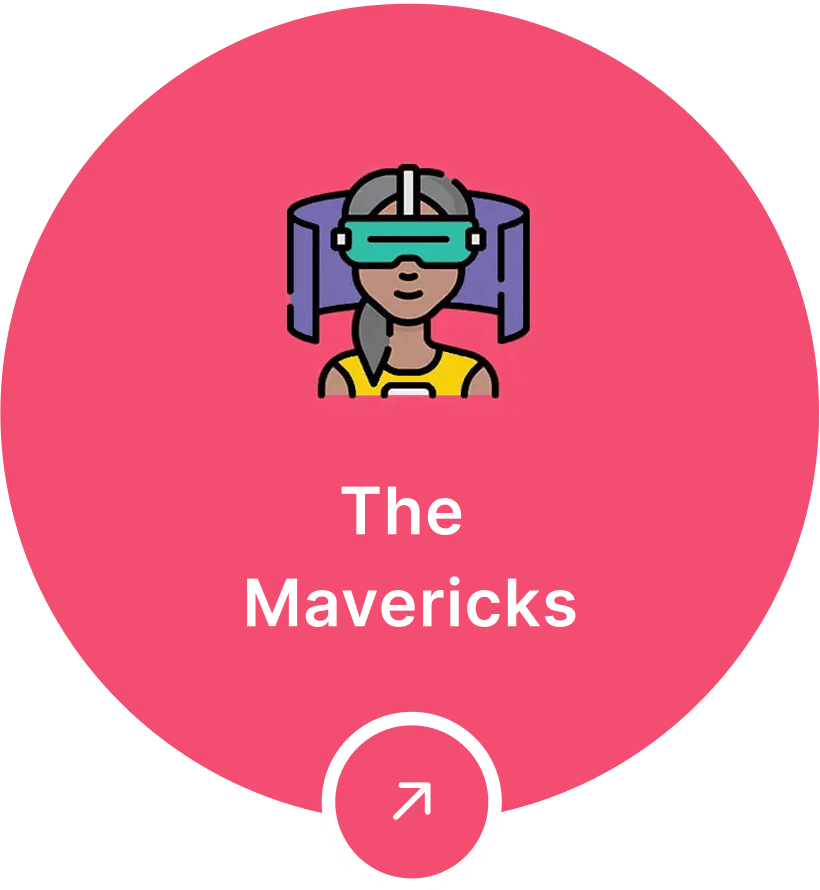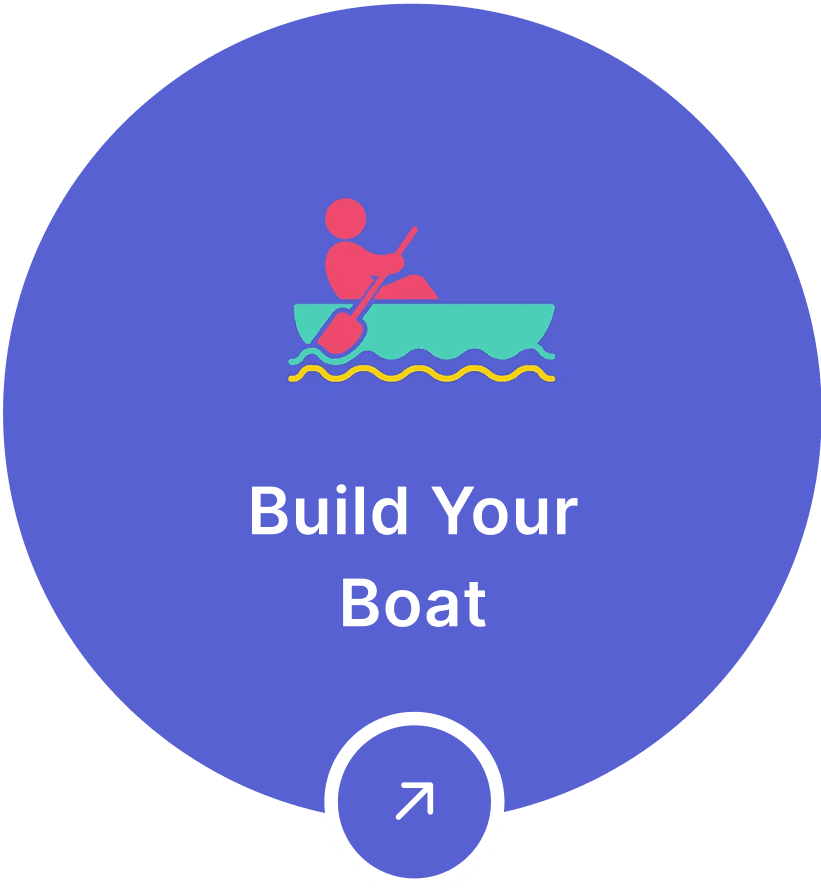In the modern workplace, collaboration is a cornerstone of success. Yet, effective teamwork doesn’t just happen by chance—it requires deliberate effort, planning, and understanding. The science of psychology offers valuable insights into how individuals interact within groups and how team-building activities can foster trust, communication, and cohesion. In this blog, we’ll delve into the psychology behind effective team building and explore how corporate team-building activities can transform workplace dynamics. Companies like Korelate Learnings leverage these principles to design impactful programs that empower teams and drive results.
The Importance of Team Dynamics
At its core, team building revolves around understanding and improving team dynamics. Teams are more than just a collection of individuals; they are systems where each member’s behavior impacts the whole. Key psychological concepts that influence team dynamics include:
- Social Identity Theory: How individuals see themselves as part of a group.
- Group Cohesion: The bonds that hold a team together.
- Interpersonal Trust: Confidence in the reliability and integrity of team members.
- Role Clarity: Understanding each member’s responsibilities within the group.
When these elements are nurtured, teams function more effectively, leading to improved productivity, morale, and innovation.
Psychological Principles That Drive Effective Team Building
To design successful corporate team-building activities, it’s essential to align with key psychological principles. Here are some of the most impactful:
1. The Need for Belonging
Psychologists like Abraham Maslow have highlighted the human need for belonging as a fundamental motivator. Team-building activities address this by fostering inclusion and creating shared experiences that strengthen bonds among employees.
2. Trust and Psychological Safety
Teams thrive in environments where members feel safe to express themselves without fear of judgment or retaliation. Team-building companies focus on trust-building exercises to enhance psychological safety, encouraging open communication and collaboration.
3. Positive Reinforcement
B.F. Skinner’s theory of operant conditioning emphasizes the power of positive reinforcement. Recognizing and rewarding contributions during team-building exercises boosts morale and encourages desired behaviors.
4. The Power of Shared Goals
Goal-setting theory, developed by Locke and Latham, states that clear, challenging, and attainable goals enhance motivation. Many team-building activities incorporate goal-oriented challenges to align team efforts and improve performance.
5. Conflict Resolution
Conflicts are inevitable in any team, but effective resolution strengthens relationships. Role-playing and scenario-based exercises during team-building events teach employees conflict management skills, reducing workplace tensions.
How Team-Building Activities Leverage Psychology
1. Building Interpersonal Connections
Activities like icebreakers and group discussions help employees move beyond superficial interactions. By creating opportunities for deeper connections, these exercises foster trust and mutual understanding.
2. Encouraging Empathy
Role-switching games and collaborative problem-solving tasks encourage team members to view situations from others’ perspectives, building empathy and reducing workplace misunderstandings.
3. Enhancing Group Cohesion
Outdoor adventures and creative challenges require collective effort, promoting a sense of unity and shared achievement. Such experiences are rooted in the psychological principle of group cohesion.
4. Boosting Motivation
Incorporating elements of gamification, such as points and rewards, taps into intrinsic and extrinsic motivators. These activities stimulate engagement and a desire to excel.
5. Facilitating Open Communication
Structured communication exercises, such as active listening drills, teach employees how to express themselves clearly and listen effectively, addressing common workplace communication barriers.
The Role of Team-Building Companies
Designing activities that effectively leverage psychological principles requires expertise. This is where professional team-building companies like Korelate Learnings excel. Here’s how they contribute:
1. Expertise in Psychology
Trained facilitators understand group dynamics and tailor activities to suit the unique needs of each team.
2. Customized Solutions
Korelate Learnings designs programs that align with organizational goals, whether it’s enhancing communication, boosting morale, or resolving conflicts.
3. Structured Feedback
Post-event debriefings highlight key takeaways and provide actionable insights for continued growth.
4. Measurable Impact
Professional companies track the effectiveness of their programs through metrics such as employee engagement and team performance.
Best Practices for Effective Team Building
To maximize the benefits of team-building activities, follow these best practices:
1. Define Objectives
Start with clear goals. Are you aiming to improve communication, build trust, or resolve conflicts? Defined objectives guide the design of impactful activities.
2. Ensure Inclusivity
Choose activities that accommodate diverse abilities and interests, ensuring everyone feels valued and included.
3. Make It Relevant
Align activities with real workplace challenges to ensure lessons learned are directly applicable.
4. Follow Up
Reinforce the benefits of team-building exercises through follow-up discussions and activities.
5. Commit to Regular Sessions
Team building isn’t a one-time event. Regular sessions help maintain momentum and foster long-term improvement.
How Korelate Learnings Brings Psychology to Team Building
At Korelate Learnings, we believe that understanding the psychology behind teamwork is key to unlocking a team’s full potential. Based in Mumbai, we specialize in crafting corporate team-building activities that are both enjoyable and impactful. By integrating psychological principles into our programs, we ensure that every session drives meaningful change.
Whether you’re looking to enhance communication, resolve conflicts, or boost morale, Korelate Learnings has the expertise to deliver results. Our activities are tailored to your team’s unique needs, ensuring a memorable and transformative experience.
Effective team building is as much an art as it is a science. By leveraging psychological principles, organizations can create cohesive, motivated, and high-performing teams. Team-building activities go beyond fun and games—they’re a strategic investment in your workforce. Partnering with professional team-building companies like Korelate Learnings ensures that your efforts are rooted in science and designed for success.

